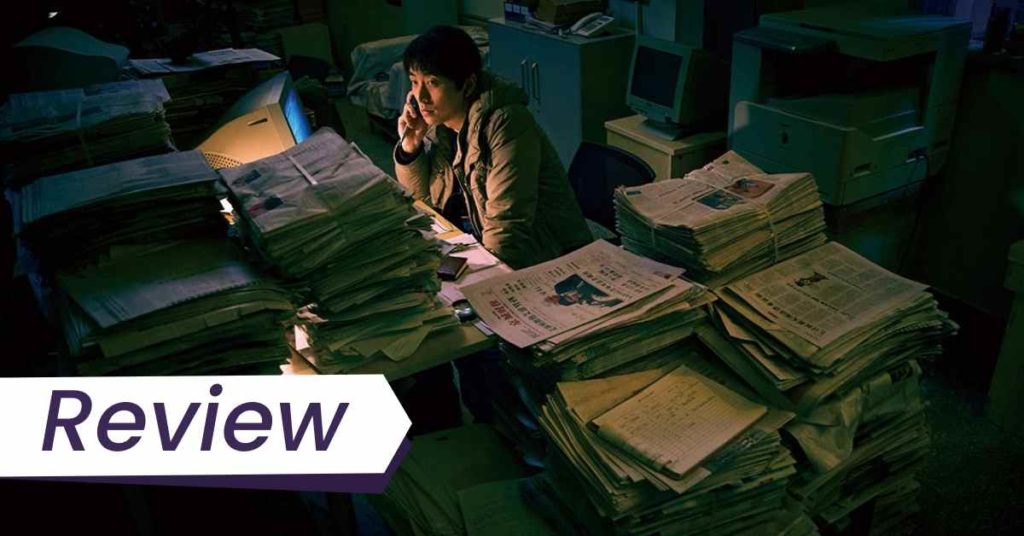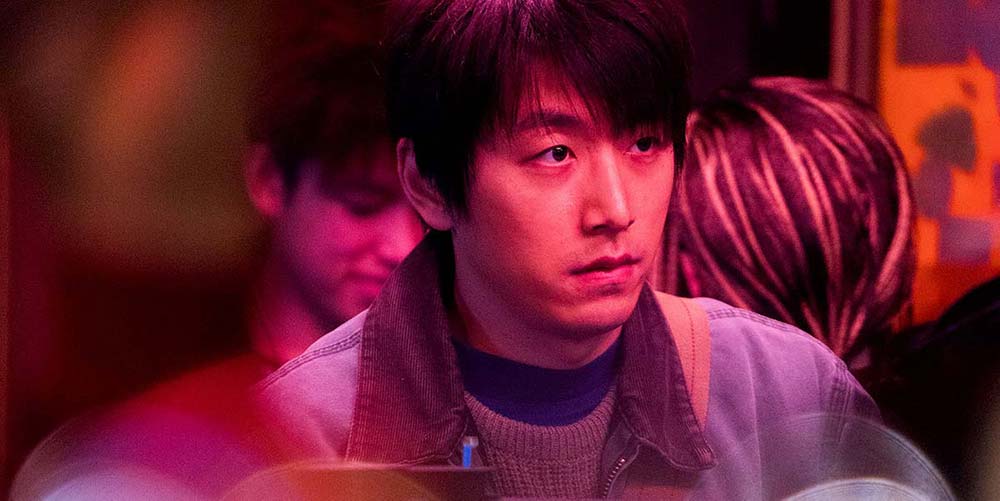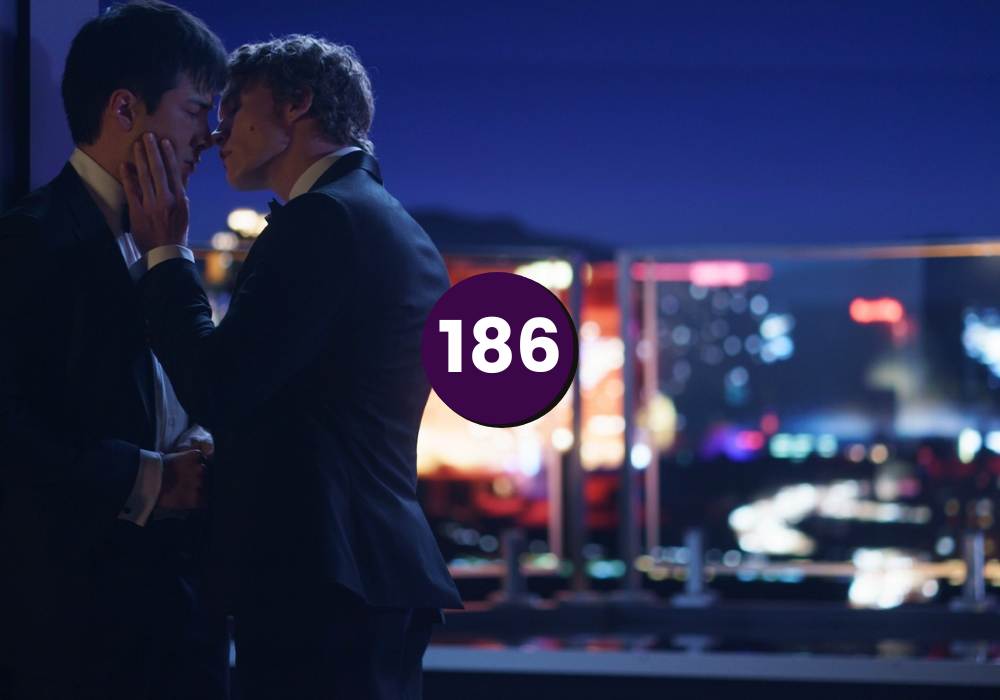Jing Wang’s directorial debut, The Best is Yet to Come, is a middle-of-the-road story on the value of journalism has little new to offer. Keep up to date with our TIFF ’20 coverage.

“It’s better to burn out than to fade away,” a voice calls across a crowded bar. Neil Young’s aphorism has travelled into legend via Dennis Hopper’s Out of the Blue (1980) and Kurt Cobain’s suicide note. In Beijing, 2003, its meaning has been absorbed into just another signifier of the west. The Best is Yet to Come, Jing Wang’s directorial debut after working as assistant director on a string of Jia Zhangke’s recent films, has a soundtrack filled with pop music and a cast of almost exclusively young people. It is set during the ‘birth control generation’, when the first children of the one-child policy came of age, and pop culture, both western and national, was penetrating Chinese culture like never before. Wang uses the social circumstances that were so vividly depicted in Jia’s Unknown Pleasures (2002) and plants a rote ‘Hero Journalist’ film on top.
Han Dong (Bai-Ke) is a wannabe journalist and factory worker from the provinces who never graduated high school. At a career fair, dozens of hands shove examples of their work at interviewers. As those interviewers hand Han Dong back his portfolio, he realises that the establishment doesn’t want to embrace outsiders. Thanks to the power of posting online, Han Dong eventually gets noticed and lands an internship at Jingcheng Times, where he soon uncovers a conspiracy about Hepatitis B. Truly, The Best is Yet To Come is the freelancer’s wet dream.

A theme in the contemporary journalism film, notably Spotlight (2015) and The Post (2017), is showing how attitudes to media have changed in 20 years as print media has become dramatically extinguished in favour of the online. Especially in discussions about ‘what real people read’, Jing Wang gestures toward the dumbing down of mass culture, which has resulted in our fake news present. The Best is Yet to Come has the tendency to romanticise the early oughts. One magical realist scene has a pen float out of Han Dong’s hand and around the office, the camera following it like a spaceship, to symbolise everything the pen is mightier than. Despite flawless cinematography and editing, this middle-of-the-road story on the value of journalism has little new to offer.
READ: More coverage of the Toronto International Film Festival >>




